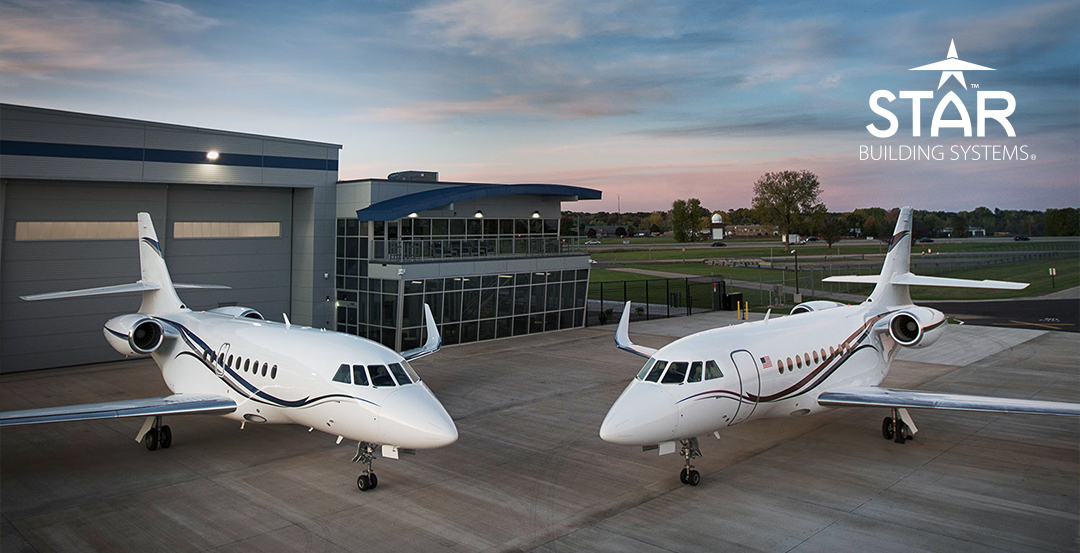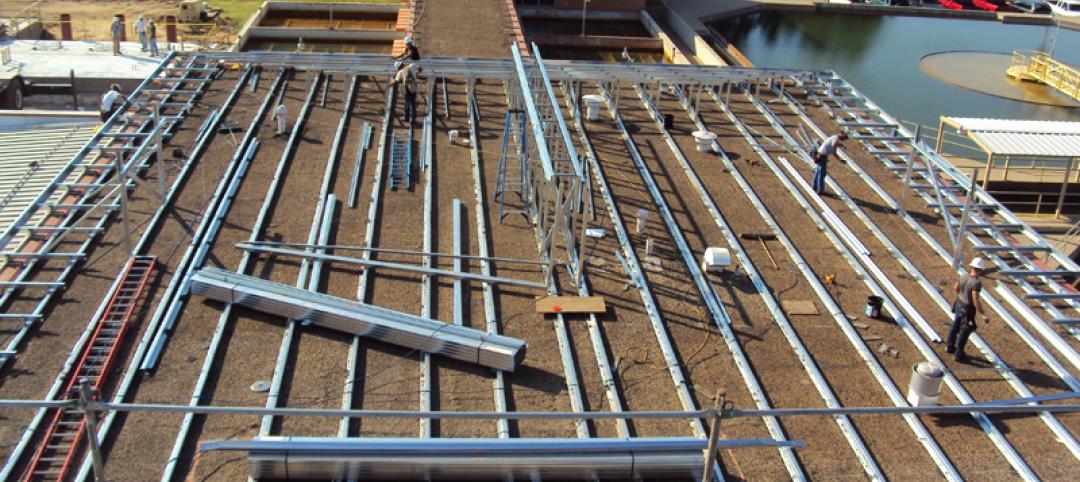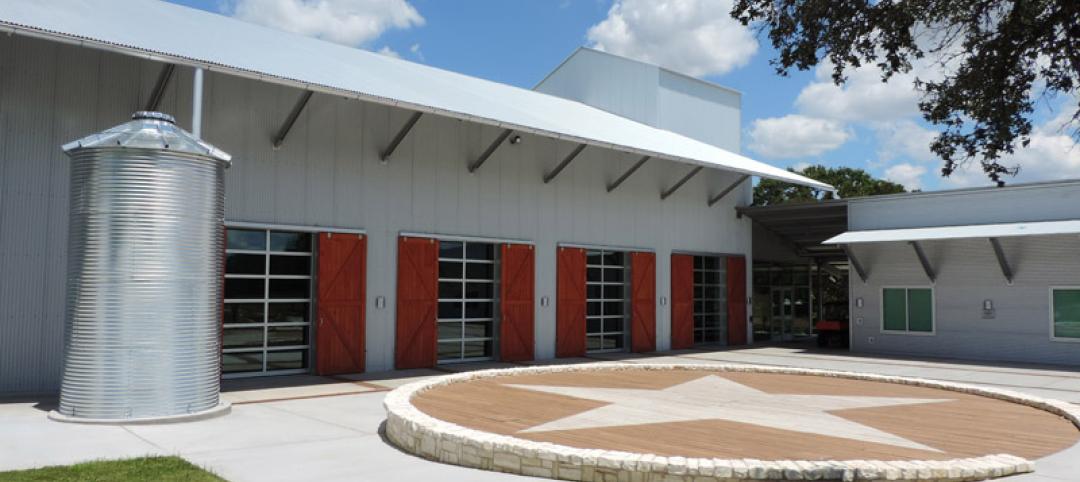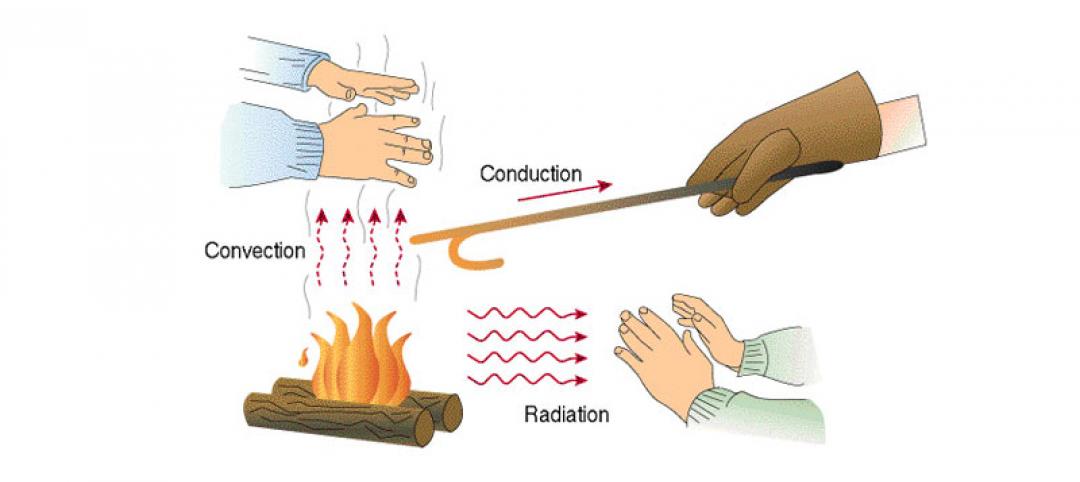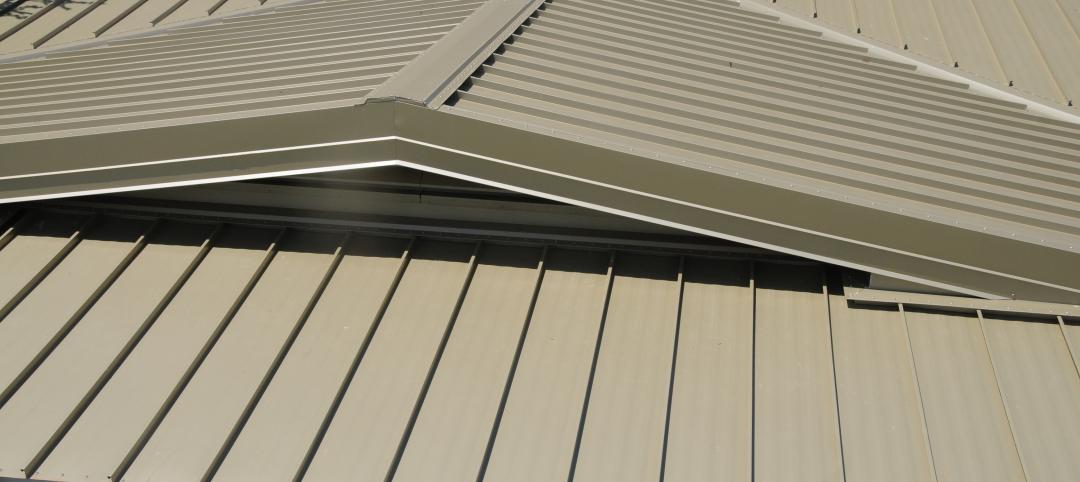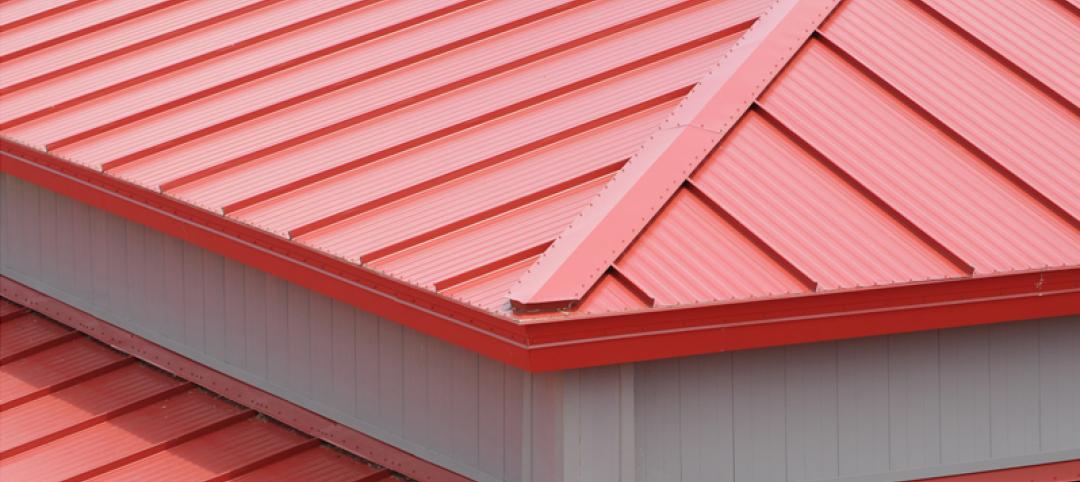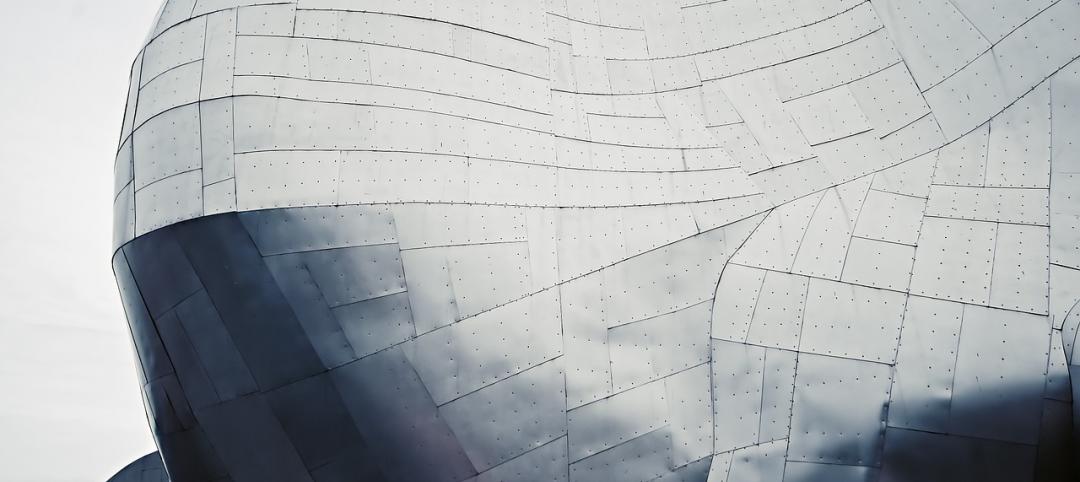Metal building systems first gained popularity because of their reputation for being affordable and fast to build. Long-term benefits include extreme durability and longevity, energy efficiency, low maintenance and sustainability. The combination of design flexibility and high value-to-cost enable design professionals to provide their clients with cost-effective solutions for their practical and aesthetic requirements. And while these advantages are still true today, owners are also realizing that custom-engineered metal buildings meet the highest standards for safety when it comes to providing protection from the elements, natural disasters and pest infestations. And at Star Building Systems, providing a durable, safe and exceptional custom-engineered metal building is our number one priority.
 Terra Verde Discovery School’s design needed to address the school’s functional needs and align with their mission of wellness and ecological goals. See more photos
Terra Verde Discovery School’s design needed to address the school’s functional needs and align with their mission of wellness and ecological goals. See more photos
Building in Safety
Metal building systems are safe buildings, among other things, because of the inherent strong and resilient properties of steel. Star builders have the ability to work with our engineers and designers to create buildings that meet their client’s individual safety needs. They know our buildings are constructed and erected by certified professionals who follow the OSHA Safety Standards for Metal Buildings. The two essential missions of any building are to remain standing, and to protect the interior. Metal building systems, like all well-built structures, are engineered to be safe in natural conditions that may be reasonably predicted for the building’s location, including rain, snow, hail and earthquakes. They are also designed to withstand fire.
It is important to understand that modern safety design focuses, first and foremost, on preserving the lives of the building’s occupants. Codes define buildings that can withstand loads of theoretical worst-case events, far greater than the everyday average loads. In an extreme event, the design goal is that the occupants should survive, even if the building itself is a complete sacrifice. In the case of a strong earthquake, for example, the building may be severely deformed and no longer serviceable, but it is designed to remain standing and not collapse, allowing occupants to be safely evacuated.
 A tight design-build schedule required Halo Branded Solutions headquarters to combine two building locations onto a new site within twelve months. See more photos
A tight design-build schedule required Halo Branded Solutions headquarters to combine two building locations onto a new site within twelve months. See more photos
Advantages of Steel
As the leading framing material in North America, steel makes a more resilient structure because it is a more ductile material. It can bend considerably before it finally breaks. It will respond better in an earthquake than a completely rigid structure. In smaller seismic events, the building is more likely to snap back than it is to crack. In the maximum seismic event that the building is designed for, it may be severely deformed, but it won’t undergo progressive collapse.
Steel is also lighter than concrete, allowing the building to undergo less force from the mass of the building itself. This requires less earthquake resistance to be built into the superstructure and into the foundation, potentially lowering construction costs too.
Wind and Snow Loads
Wind and snow loads are defined by building codes and local weather records. Any properly engineered building must comply with them and metal buildings are able to meet these requirements easily.
Star’s steel wall panels are designed to handle wind loads of up to 145 MPH. The steel of these panels is kept thin in order to keep the panels light in weight; however, they are engineered for much greater strength than a simple piece of flat steel. The various patterns of bends in the steel surface not only offer a choice of appearance options, but they also make the panel more rigid. Even though the bends are very small, each crease makes the panel much more resistant to bending or denting.
Steel wall and roof panels, with their series of bend-details, are strong enough to meet the wind and snow codes in all 50 states. Their resilience and durability have been proven by the thousands of metal buildings, many over a half-century-old, that continue to give good service.
 City National Arena, the practice facility for the Las Vegas Golden Knights, brought ice hockey to the desert and the surrounding community. See more photos
City National Arena, the practice facility for the Las Vegas Golden Knights, brought ice hockey to the desert and the surrounding community. See more photos
Fire Safety
Steel is good for fire safety because steel is non-combustible. The building structure cannot catch fire. This makes fire safety design of the overall building much easier. Other elements of the building, such as cladding or interior finishes, must also meet fire codes. If combustible materials will be used or stored in the building, appropriate fire-protection systems must be installed.
Steel is also resistant to natural forces that can compromise the safety of other building materials. It cannot rot. It does not support the growth of mold or mildew. It is impervious to termites. Steel can also absorb more energy than less sturdy building materials. Steel does not attract lightning; however, if lightning strikes a steel building or roof, the damage is typically minimized, due to the lower electrical resistance as steel spreads the heat of the strike along the grounded roof and walls.
Sustainability
Star metal buildings are produced with materials that are 99% recyclable. Steel is the world’s most recycled material, as more than 80 million tons are recycled annually. Steel can be recycled for a number of purposes, without ever compromising the integrity of the material, contributing to the long lifespan of a steel building.
A Star custom-engineered metal building system, properly constructed and maintained, can perform excellently and give service for generations. The inherent robustness of the materials, the knowledge of the Star builders and engineers along with the building system make these structures safe, long-lived and suitable for a broad variety of climates, conditions and applications. To learn more about the safety and longevity of a metal building system from Star Building Systems, visit www.starbuildings.com.
Related Stories
Sponsored | Metals | Jul 20, 2015
Life cycle assessment, and why you should care
LCA is a way of quantifying the environmental impact generated by the manufacture and delivery of a product.
Sponsored | Metals | Jul 8, 2015
Metal Roof Retrofits: the potential, the problems, the payoff, part 2
During metal roof retrofits, look for moisture and check for asbestos
Sponsored | Metals | Jul 7, 2015
Cost efficient solution for confidence-boosting Camp For All
With donations as the charitable foundation's main source of income, camp facilities need to be affordable
Sponsored | Metals | Jun 30, 2015
Understanding heat energy
Thermal convection occurs when hot molecules move from one location to another.
Sponsored | Metals | Jun 23, 2015
Metal Roof Retrofits: the potential, the problems, the payoff, part 1
For the best possible outcomes when working on metal roof retrofits, consider some simple but vital steps to get the best possible outcome from your retrofit job.
Sponsored | Metals | Jun 16, 2015
Metal building products deliver endless design freedom and sustainability
Numerous metal building products contain recycled content, reducing the need to mine new materials and saving space in landfills
Sponsored | Coatings | Jun 15, 2015
What’s in a coating, and why does it matter?
When the sun starts swinging punches at your building's coating, chalking and fading will start. But there's a way to prevent it.
Sponsored | Metals | Jun 9, 2015
How architects can tap into the expertise of their metal roof manufacturer, part 4
Let’s look at the importance of enforcing the detailed specifications the roof manufacturer provides.
Sponsored | Metals | Jun 4, 2015
How big of a building do I need?
Here is some advice on how metal buildings can be a solution for space shortages


